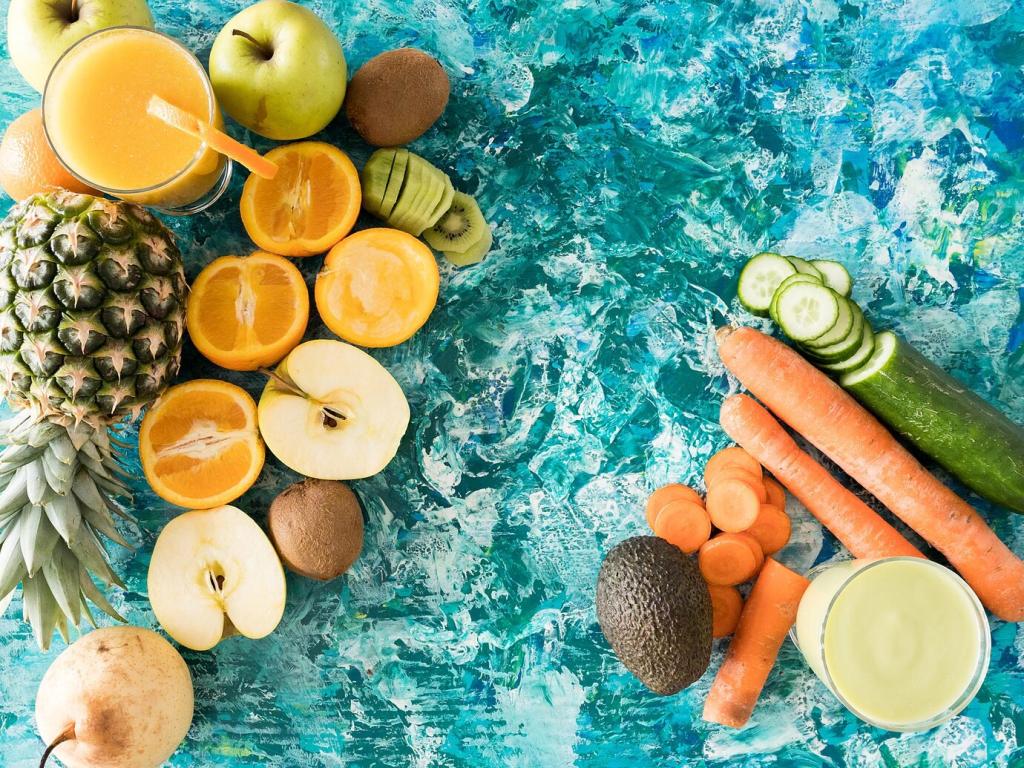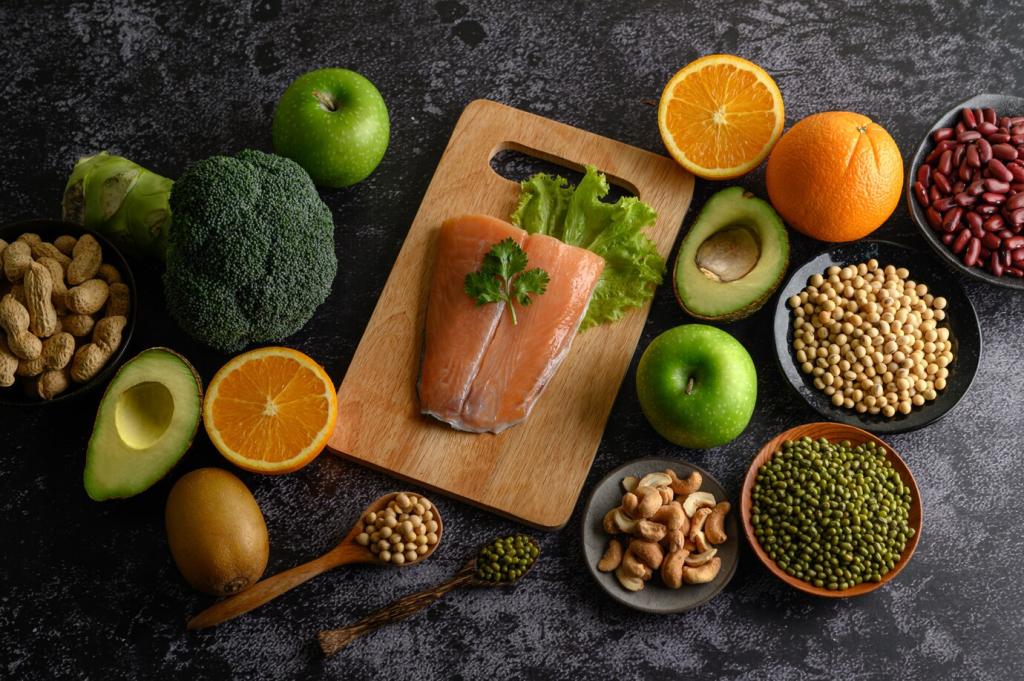Chosen theme: Optimizing Athletic Performance with Sports Nutrition. Welcome to a practical, inspiring guide for athletes who want their meals, snacks, and sips to work as hard as their training. Subscribe and join our community of competitors who fuel with intention.
Your phosphagen system loves quick bursts, glycolysis thrives on carbohydrates, and aerobic work leans heavily on carbs and fats. Balance matters: carbohydrates support intensity, protein supports repair, and fats support long-duration efforts. Comment with your sport, and we’ll tailor future tips to your specific energy demands.
Fueling Fundamentals for Peak Performance
Before You Go: Pre-Workout and Pre-Competition Strategy
Focus on familiar, balanced meals with quality carbs, lean protein, and colorful produce. Top off fluids steadily, and include a pinch of extra sodium if you are a salty sweater or facing heat. Think predictability over novelty. What’s your favorite pre-race dinner that never lets you down?
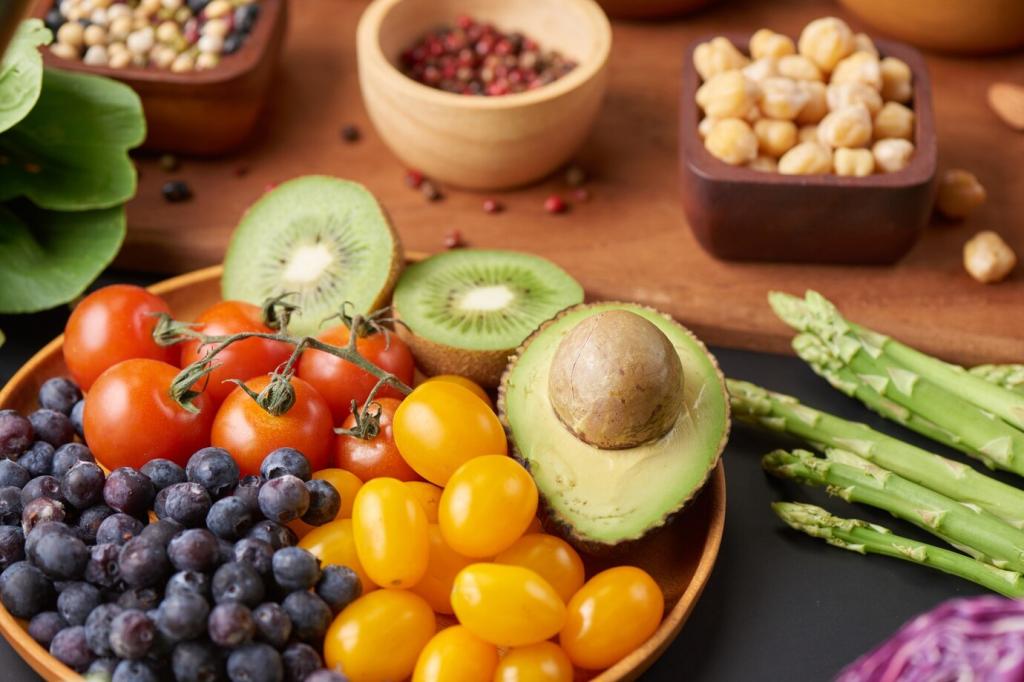
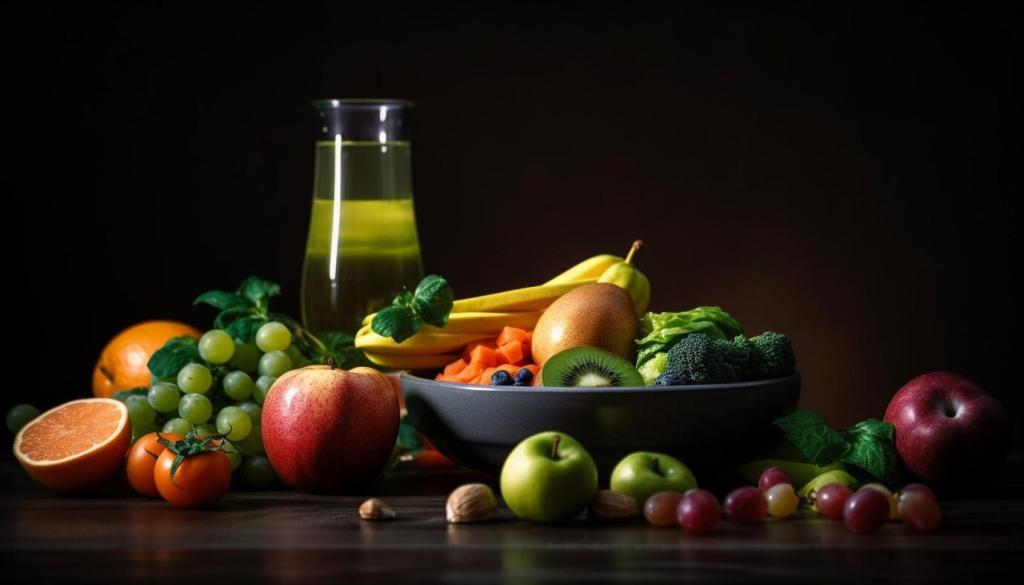
On the Move: Fueling and Hydrating During Effort
For longer or harder efforts, aim for 30–90 grams of carbohydrate per hour, increasing as intensity and duration rise. Practice multi-transportable carbs (glucose plus fructose) to raise tolerance and absorption. Train your gut like you train your legs—regular practice reduces cramps and surprises. What’s your magic hourly target?
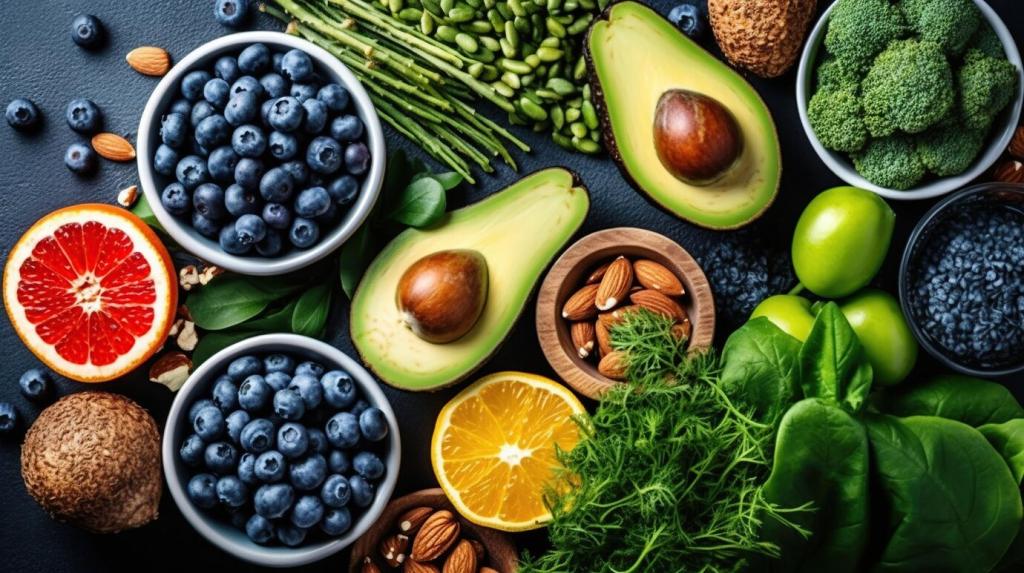


Supplements That Actually Help
01
Three to five grams daily supports strength, sprinting, and high-intensity repeatability. It is well-researched, generally safe, and vegetarian athletes may respond even more. Expect slight water-weight increases, not fat gain. Have you noticed better set-to-set power? Share your before-and-after impressions.
02
For events around one to four minutes of hard effort, beta-alanine (3.2–6.4 g/day, split doses) can help; tingles are normal. Sodium bicarbonate (0.2–0.3 g/kg) may boost buffering but can upset the gut—test carefully. What’s your tolerance strategy when you push into the red?
03
A resilient gut helps you absorb fuel and tolerate race-day nerves. Consider probiotics you’ve tested, assess vitamin D if sunlight is scarce, and monitor iron status, especially for endurance and female athletes. Work with a professional and report back on changes you felt in training.
Real Stories, Practical Wins
Emma used to skip breakfast and fade at kilometer seven. She added a light carb-rich meal two hours pre-race and a small caffeine dose. She finished feeling strong, cutting 38 seconds from her best. What one pre-race change would help you most next month?
Real Stories, Practical Wins
A CrossFit athlete, Marco introduced 20 grams of protein at breakfast and sipped carbs between strength and metcon. He added creatine and planned a real dinner after evening training. PRs climbed, soreness dropped. Tell us which block—pre, during, or recovery—needs your attention right now.
